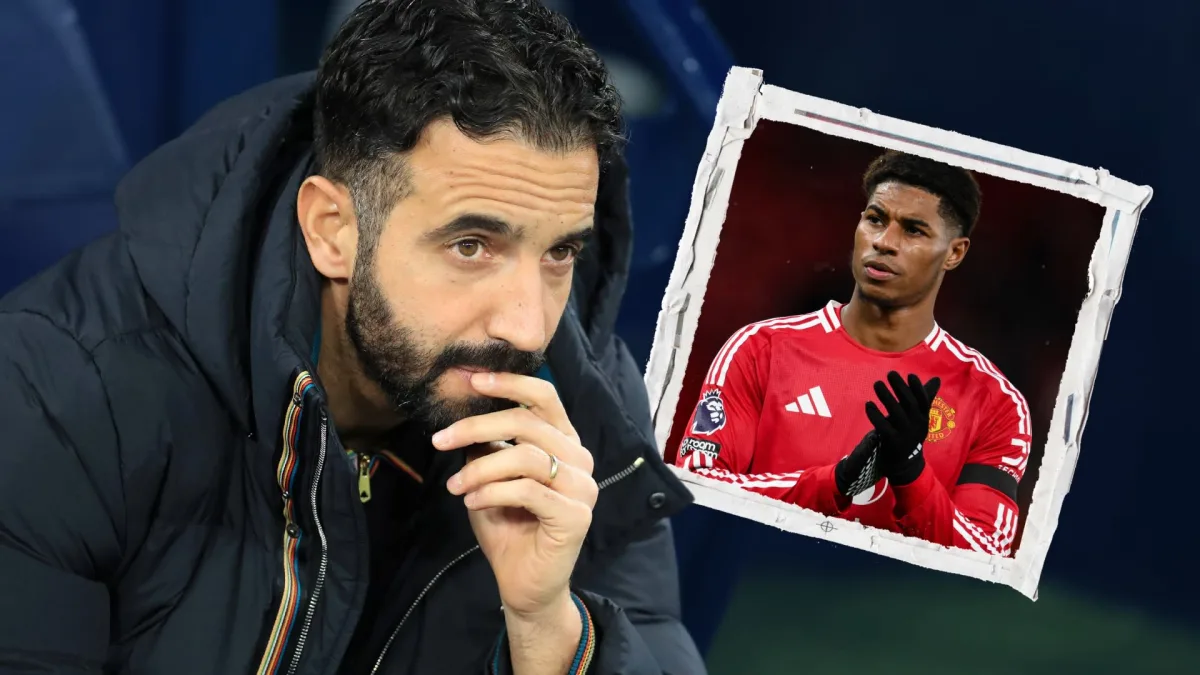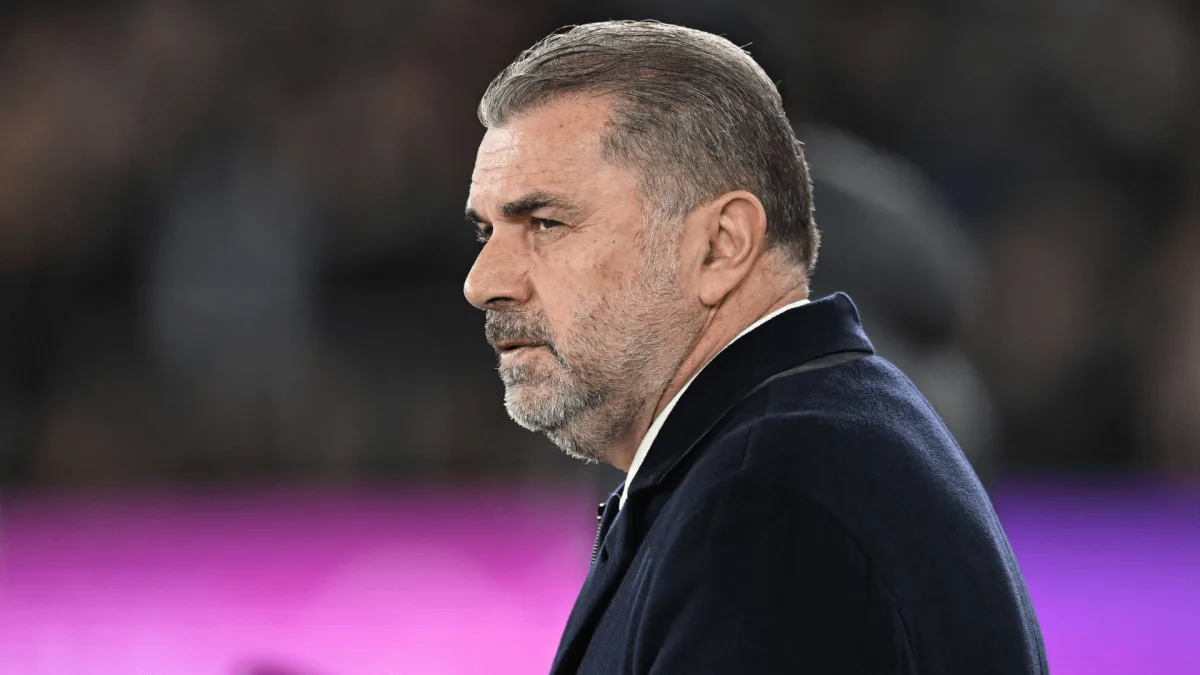You may have seen a Saudi Arabia tourism advert doing the rounds on YouTube and cinema screens. The title is: This Land is Calling. An intrepid western woman treks across the desert, weaves through a bustling city and finally comes face to face with a local woman; they exchange a gentle smile.
As Coco Gauff won the WTA Finals – and a record £3.7million prize – on Saturday in Riyadh, the last line of that advert came to mind: ‘I was the first – but I won’t be the last.’
The season-ending event with the eight best female players in the world was the first top-level tennis tournament to be held in the kingdom – but more will follow.
Saudi Arabia already sponsor both the men’s and women’s rankings, and handed a £4.6m prize to Jannik Sinner last month for winning the Six Kings exhibition event. Next on the agenda is a Masters tournament in the country, set to be squeezed into the calendar before the Australian Open. A deal is reportedly close.
So is this all just another tawdry exchange of cash in return for the laundering of an atrocious human rights record? Or will the presence of eight of the most famous female tennis players on the planet help to grow an emerging market of the game and – even – help usher in more opportunities for women?
Coco Gauff won the WTA Finals – and a record £3.7million prize – last Saturday in Riyadh

Gauff secured the WTA Finals title over Zheng Qinwen after a late-night, three-hour battle

Gauff has previously been a critical voice of the Kingdom’s human rights record
Saudi Arabia’s investment in sport is nothing new but this was the first time they have hosted an elite women’s event. The three-year deal, announced in April, was met with its fair share of fury.
Martina Navratilova and Chris Evert co-authored a piece saying the values of Saudi Arabia are ‘entirely incompatible with the spirit and purpose of women’s tennis’.
The country is 126th out of 146 on the Global Gender Gap Index, a measure of women’s equality.
Mail Sport understands that Human Rights Watch (HRW), the Nobel Peace Prize winning organisation, wrote to the WTA detailing serious concerns about the awarding of the finals to Saudi Arabia and a lack of due diligence in the build up to the event – and has received no response beyond a basic acknowledgement.
When we put this to the WTA, they responded: ‘As part of our decision-making process, we engaged widely with people and organizations with a range of different views.
‘We have received assurances from our partners in Saudi Arabia that everyone will be made welcome. We have not experienced any issues.’
The WTA made no attempt to rebut HRW’s claims that they have no human rights policy, or that they failed to investigate whether those who built or staff the tournament hotels were subjected to labour violations – Saudi operates the same Kafala system which left an estimated 6,500 migrant workers dead building Qatar’s World Cup.
For that tournament, the USA team spent almost two years conducting research and ensured that their hotel had not been built or staffed by exploited workers. Pushed on these specifics, the WTA offered no response.

Martina Navratilova and Chris Evert co-authored a piece saying the values of Saudi Arabia are ‘entirely incompatible with the spirit and purpose of women’s tennis’

Jannik Skinner (centre) won £6.4m last month for winning the Six Kings exhibition event
There has been progress in Saudi society with regards to women’s rights but it has been painfully slow. Women can now register for a passport and travel independently but they are still required by law to ‘obey’ their husbands.
As for LGBT rights, same sex relations are criminalised – the exception, in a cruel knife twist to the indigenous LGBT community, is for same-sex tourist couples, who since last year have been free to share a hotel bedroom.
This issue became more pertinent to the WTA when Daria Kasatkina, the world No9 who is gay and travels the tour with her girlfriend Natalia Zabiiako, qualified as an ‘alternate’, to be there on site in case of injury.
Kasatkina was initially opposed to the tour travelling to Saudi but once the finals deal was announced she was more supportive and said: ‘I’ve been given guarantees that I’m going to be fine.’
But as Minky Worden, the Director of Global Initiatives at HRW, told Mail Sport: ‘These are inalienable rights, and you shouldn’t have to get special protection or special assurances that your rights won’t be violated.’
Whatever soft power motivations the state has for investing in tennis, there is an undoubted effort in Saudi Arabia to grow the game at grassroots level.
There are 177 tennis clubs in the country, a 150 per cent increase from 2019. The number of players has risen by almost 50 per cent and out of 29,000 children who went through their tennis program last year, half were girls.
Mail Sport spoke to Arij Mutabagani, the female head of the Saudi Tennis Federation, who has played since the age of 12 and whose ambitious aim is to introduce one million people to tennis by 2030.
‘It is a dream come true, an event like this,’ Mutabagani said of the finals. ‘When I was growing up playing tennis, I wish we had something like that. It’s a great inspiration for tennis lovers in Saudi Arabia and especially for little girls, if they can see their heroes up close. Maybe one of these days we’ll have a Saudi champion.
‘We’ve seen a huge increase in women and female participation in Saudi Arabia, especially in tennis. Every day we see more females trying to join us, whether players or joining us in the workforce at the Federation. It has opened a lot of job opportunities, in sports in general and tennis in particular.’

Saudi Arabia’s head of the Saudi Tennis Federation, Arij Mutabagani (right), is enthusiastic about the growing participation of women in the sport across the Kingdom

Openly gay player, Daria Kasatkina, put her support behind the WTA Finals after receiving guarantees her and her partner would be fine to compete in the country

Members of the WTA player council, such as Jessic Pegula, are mindful of creating a schism in the sport, similar to the rift caused in golf by the Saudi LIV Tour
So what do the players think? Jessica Pegula, a member of the WTA player council and among the eight women competing in the singles in Riyadh, suggested they were spooked by the rift cut through golf by the Saudi’s LIV Tour, and so were minded to collaborate with the kingdom rather than risk a schism in the future.
We understand there is also an appreciation from the players that they cannot argue for more prize money and then turn their noses up at middle eastern cash.
In the narrow sphere of tennis, gender equality largely means pay parity and that is what the Saudis have provided – and then some: Gauff earned around £300,000 more than a man with her results would earn in Turin at the ATP finals this week.
It is only Gauff – at 20, the youngest of the eight but also the most politically conscious – who has expressed misgivings.
‘I would be lying if I said I had no reservations,’ Gauff said at the start of the event. ‘I want to see it for myself, see if the change is happening. If I felt uncomfortable or felt like nothing’s happening, then maybe I wouldn’t come back.’
The champion may be operating a watching brief but for the game as a whole is feels as though that time has passed. The genie cannot be put back in the bottle.
The sport and Saudi Arabia are in it together now, for good or ill. This Land is Calling – and tennis is listening.

























